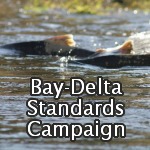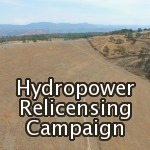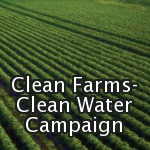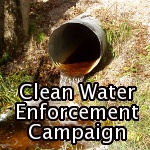The State Water Resources Control Board has approved a petition that diverts water required to flow into San Francisco Bay to the fish-killing Delta pumps of the State Water Project (SWP) and Central Valley Project (CVP). The higher “Delta outflow” required by the existing Bay-Delta Plan in high-runoff winter and spring periods is designed to move juvenile salmon to the ocean and to keep smelt in the food-rich waters of Suisun Bay.
On February 23, 2023, CSPA and allies filed a Protest and Objection to the “Temporary Urgency Change Petition” (TUCP) filed by the Department of Water Resources and the Bureau of Reclamation. The TUCP requested that water for fish protection and water quality instead be exported south of the Delta, mostly to San Joaquin Valley agriculture. By the time CSPA et al. submitted its Objection 10 days after the TUCP was filed, the State Water Board had already issued an Order approving the TUCP.
The State Water Board’s Order is particularly perfunctory in approving the TUCP. The Order admits that the Board never considered denying the petition. (“Disapproving the TUCP to avoid the potential impacts of the proposed change on fish and wildlife is not considered to be in the public interest for the reasons given in sections 6.2, 6.4, and 6.6 of this Order.”) Though there is a good snowpack, and many reservoir levels have increased substantially, the Order reasons that it might not rain again this year. It concludes that all risk and “uncertainty” must be borne by fish and other things that depend on flow. Both the TUCP and the Order catalogue how fish have done really badly in the past three drought years. However, no level of past harm to fish warrants giving fish the water they are supposed to get.
The Order relies on a one-word characterization of the benefits of a month of high flows into San Francisco Bay. The word, contained in a letter to the Board from the California Department of Fish and Wildlife, is “incremental.” It’s not true. The success of juvenile salmon migrating into the Delta increases enormously during high runoff events such as those in December 2022 and January 2023. That means that further high flows have a chance to benefit large numbers of fish. It is in big water years, or at least big water months, that Delta fish have some chance to recover.
Here is the new reality for standards to protect fish: those standards can be ignored by “real-time” decisions and orders at any time. After all, the weather might turn dry.









